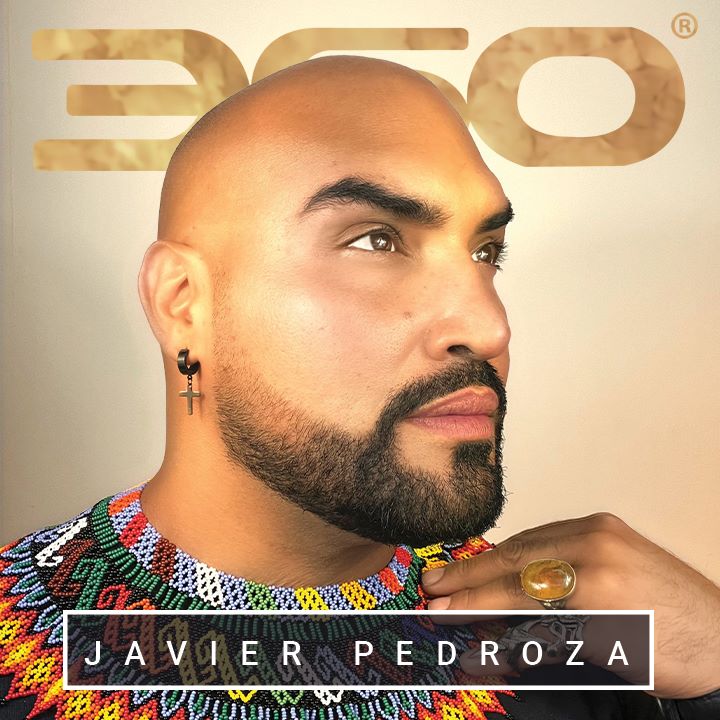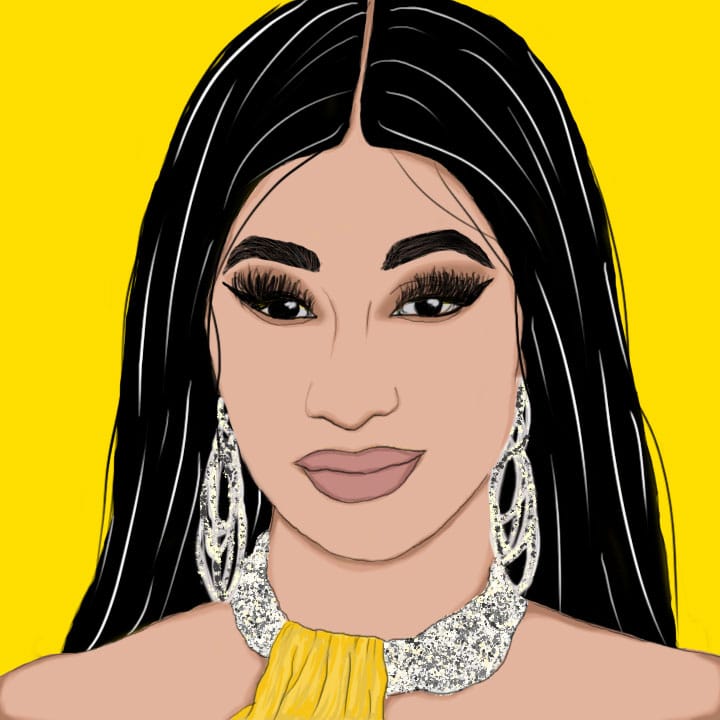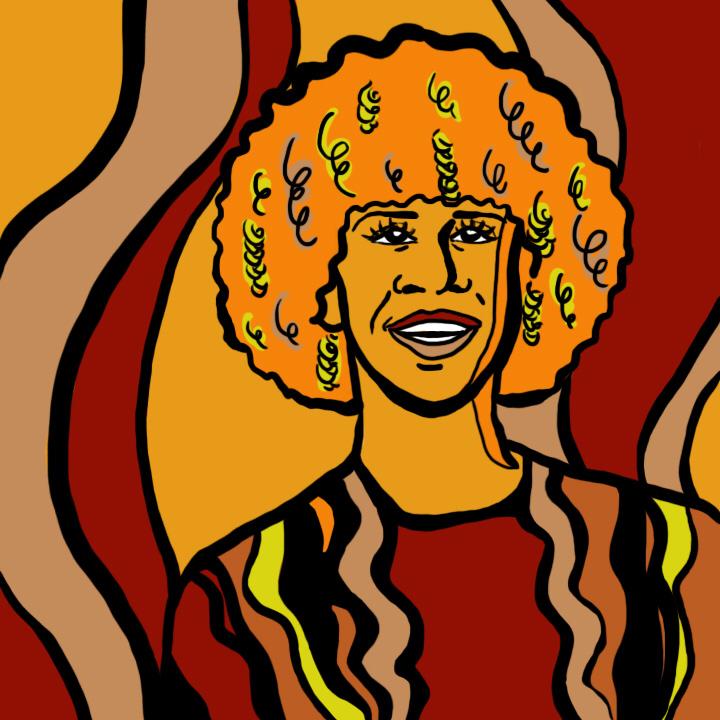You’re invited to an afterwork icebreaker, including complimentary cocktails and lite bites at Ms. Yoo! Thurs., Nov., 17 from 6-10PM. Hosted by Javier Pedroza. Powered by 360 MAGAZINE – rsvp@the360mag.com


You’re invited to an afterwork icebreaker, including complimentary cocktails and lite bites at Ms. Yoo! Thurs., Nov., 17 from 6-10PM. Hosted by Javier Pedroza. Powered by 360 MAGAZINE – rsvp@the360mag.com


As of late, one of our team members had the opportunity to sit down with New York City mayoral candidate Dianne Morales for an interview. After eight years under Mayor Bill de Blasio, New York City will see someone new in the position in 2021, and Morales, a member of the Democratic Party, is jumping […]